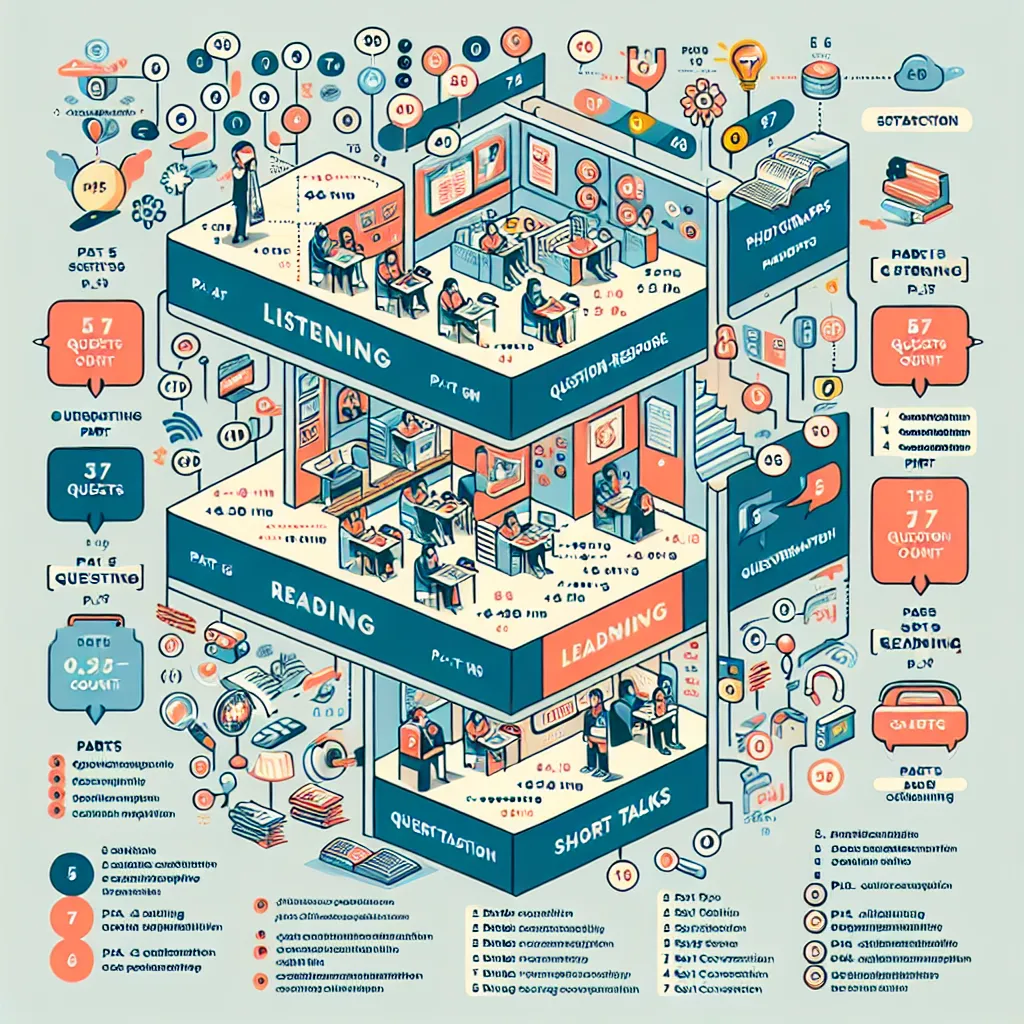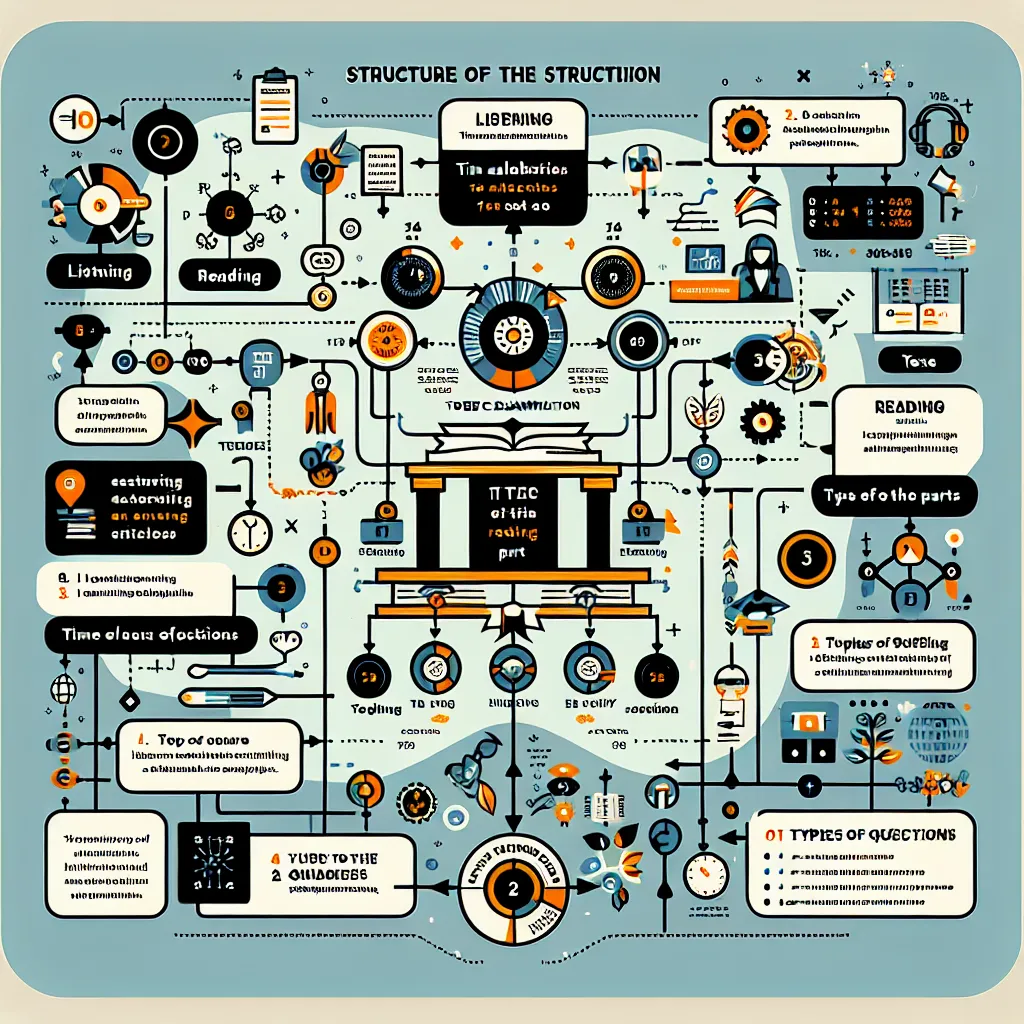Are you preparing for the TOEIC exam and wondering which vocabulary themes to focus on? You’re not alone. Many test-takers find themselves overwhelmed by the vast amount of vocabulary they need to learn. In this comprehensive guide, we’ll explore the most important TOEIC vocabulary themes you should study to boost your score and confidence.
Understanding TOEIC Vocabulary Themes
TOEIC (Test of English for International Communication) is designed to assess your ability to use English in a business context. The vocabulary tested in TOEIC is carefully selected to reflect real-world business situations. By focusing on specific themes, you can efficiently prepare for the exam and improve your overall language skills.
 TOEIC Vocabulary Themes
TOEIC Vocabulary Themes
Key TOEIC Vocabulary Themes to Master
1. Business and Finance
This theme is crucial for TOEIC success. It includes vocabulary related to:
- Corporate structure (e.g., CEO, board of directors, shareholders)
- Financial terms (e.g., budget, investment, profit margin)
- Business operations (e.g., marketing, sales, customer service)
Example sentence: “The CEO presented the annual report to the board of directors, highlighting the company’s increased profit margin.”
2. Office and Workplace
Workplace vocabulary is frequently tested in TOEIC. Focus on:
- Office equipment (e.g., printer, photocopier, filing cabinet)
- Job titles and responsibilities (e.g., manager, supervisor, assistant)
- Office activities (e.g., meeting, presentation, conference call)
Example sentence: “The manager scheduled a conference call with the international team to discuss the upcoming project.”
3. Technology and IT
In today’s digital age, technology-related vocabulary is essential. Study words related to:
- Computer hardware and software (e.g., laptop, operating system, database)
- Internet and networking (e.g., bandwidth, server, firewall)
- Tech industry terms (e.g., startup, cybersecurity, artificial intelligence)
Example sentence: “The IT department upgraded the company’s servers to improve network security and performance.”
4. Travel and Transportation
TOEIC often includes scenarios related to business travel. Key areas include:
- Air travel (e.g., boarding pass, layover, customs)
- Accommodation (e.g., reservation, check-in, amenities)
- Transportation (e.g., taxi, rental car, public transit)
Example sentence: “After a long layover, the business traveler finally checked in to her hotel and prepared for tomorrow’s meeting.”
5. Marketing and Sales
Understanding marketing and sales terminology is crucial. Focus on:
- Advertising (e.g., campaign, target audience, brand awareness)
- Sales techniques (e.g., negotiation, cold calling, closing a deal)
- Market research (e.g., survey, focus group, consumer behavior)
Example sentence: “The marketing team launched a new campaign to increase brand awareness among young professionals.”
How to Study TOEIC Vocabulary Themes Effectively
Now that we’ve identified the key themes, let’s discuss how to study them efficiently:
-
Create thematic word lists: Organize vocabulary by theme to make studying more manageable.
-
Use flashcards: Create digital or physical flashcards for each theme, including definitions and example sentences.
-
Read business news: Regular exposure to business articles will reinforce vocabulary in context.
-
Practice with sample questions: Use official TOEIC practice materials to apply your vocabulary knowledge.
-
Engage in role-play: Simulate business scenarios with a study partner to practice using the vocabulary actively.
 TOEIC Vocabulary Study Methods
TOEIC Vocabulary Study Methods
Common Mistakes to Avoid
When studying TOEIC vocabulary themes, be cautious of these common pitfalls:
-
Neglecting context: Don’t just memorize words; understand how they’re used in business situations.
-
Overlooking collocations: Pay attention to word partnerships commonly used in business English.
-
Ignoring pronunciation: While TOEIC is a written test, proper pronunciation aids in memory retention.
-
Focusing only on new words: Review and reinforce familiar vocabulary as well.
-
Cramming: Consistent, spaced practice is more effective than last-minute memorization.
Next Steps in Your TOEIC Preparation
After mastering these vocabulary themes, consider these next steps:
-
Take a full-length practice test to assess your progress.
-
Focus on grammar points commonly tested in TOEIC.
-
Improve your listening skills with business-oriented podcasts and videos.
-
Practice timed reading comprehension exercises to build speed and accuracy.
-
Join a TOEIC study group to share strategies and motivate each other.
Conclusion
Mastering TOEIC vocabulary themes is a crucial step in your exam preparation. By focusing on business and finance, office and workplace, technology and IT, travel and transportation, and marketing and sales, you’ll build a strong foundation for success. Remember to study consistently, use varied learning methods, and apply your knowledge in context. With dedication and the right approach, you’ll be well-equipped to tackle the vocabulary challenges in the TOEIC exam.
Are you ready to start your TOEIC vocabulary journey? Which theme will you focus on first? Share your study plans and experiences in the comments below, and don’t forget to check out our other TOEIC preparation resources for comprehensive exam success!




